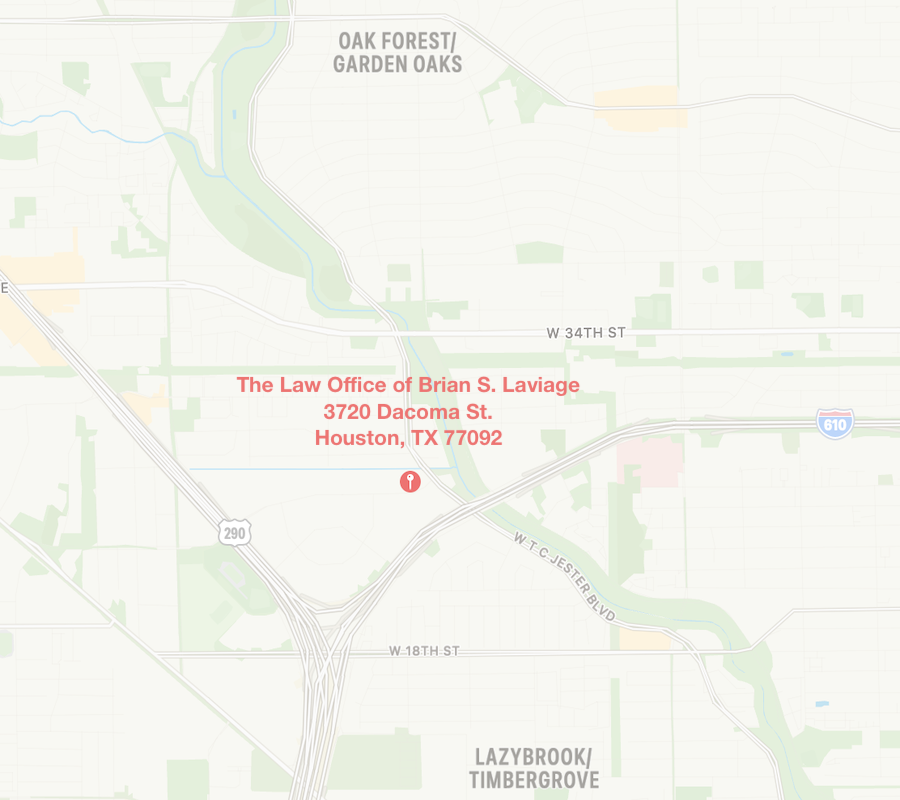I was arrested for public intoxication in Houston, what should I do?
Being arrested for public intoxication in Houston can be a humiliating and traumatic experience. The police often arrest first and ask questions later. This can end up with you having an alcohol related offense on your record for the rest of your life that could affect future jobs, school admissions, and even the ability to rent an apartment.
The first and best thing an individual can do following a public intoxication arrest is BE PROACTIVE. There are several steps that need to be taken prior to a court date that will assist in any potential dismissal of a PI case.
Don’t go with lawyers who offer empty promises. Contact me any time of day to find out how we can work toward getting your public intoxication case dismissed. Call me at (832) 259-9095 and contact a winning Houston Public Intoxication Attorney.
Texas Public Intoxication Law
In Texas, a person may commit the offense of Public Intoxication by being under the influence of alcohol or drugs. This may include prescription drugs, over-the-counter medications or even aerosol sprays. It is a defense to prosecution for P.I. that the alcohol or drugs were administered for therapeutic purposes and as part of the person’s professional medical treatment by a licensed physician. However, keep in mind that mixing alcohol and prescription medications is contrary to most medical advice.
The charge of P.I. requires that the person be intoxicated to the degree that he/she is a danger to him/herself or another person. Being publicly intoxicated makes a person vulnerable to robbery, assault, and a number of other difficulties. For instance, there could be the possibility of tripping on a curb while walking home and being hit by a car. Further, an intoxicated person may plan to drive him/herself home or ride as a passenger in a vehicle driven by an intoxicated driver. This would endanger the individual. As for endangering another person, starting a fight or throwing a bottle in the general direction of another person at a bar would constitute endangerment.
In most cases, an individual charged with Public Intoxication (P.I.) will be arrested and spend at least 6 hours in jail. However, a police officer could merely issue a citation and release the individual to the care of an adult who agrees to assume responsibility for the individual.
An individual arrested for P.I. will be required to post a cash bail before he/she can be released from jail. “Bail” is the security given by the accused that he/she will appear in court to hear the charges brought by the court.
The Law
The following is an exert from the Public Intoxication Statute of Texas:
Under 49.02 “Public Intoxication” the phrase “Public Intoxication” means:
A person commits an offense if the person appears in a public place while intoxicated to the degree that the person may endanger the person or another.
“Intoxicated” is defined as:
- not having the normal use of mental or physical faculties by reason of the introduction of alcohol, controlled substance, a drug, a dangerous drug, a combination of two or more of those substances, or any other substance into the body; or
- having an alcohol concentration of 0.08 or more.
An offence under this section is a Class C Misdemeanor. An individual adjudged guilty of a Class C misdemeanor shall be punished by a fine not to exceed $500.00. However, for a minor, the punishment terms are in the same manner as if he committed the offense of Possession of Alcohol by a Minor.
Burden of Proof
All persons are presumed innocent and no person may be convicted of an offense unless each element of the offense is proven beyond a reasonable doubt. The fact that a person has been arrested, confined, or indicted for, or otherwise charged with the offense gives rise to no inference of guilt at that person’s trial.
Plea Options
Not Guilty Pleas
If you feel you are not guilty of P.I., we can enter a plea of not guilty. We must prepare for your defense at a bench or jury trial. At this point we will have the court clerk issue subpoenas for those witnesses necessary for your defense. It is important that you have the advice of an attorney prior to the trial. Please contact me, at your earliest convenience to schedule an appointment.
Guilty Pleas
If you are guilty of P.I. we can enter a plea of no contest or guilty and ask the court clerk for an uncontested hearing with the judge on the issue of punishment. At the hearing, we will introduce you to the judge and explain that you desire to avoid a P.I. conviction on your record. Therefore, you request that the court grant you Deferred Adjudication.
Deferred Adjudication
The judge may defer further proceedings without entering an adjudication of guilt and place you on probation for a period not to exceed 180 days. At the conclusion of the deferral period, if you present evidence that you complied with the requirements imposed by the Court, the judge shall dismiss the P.I. complaint and note in the docket that there is not a final conviction. However, the arrest will still appear on your record.
In most cases, the judge will grant Deferred Adjudication and order six months probation, 25 hours community service, attendance at an alcohol education workshop and court costs.
–This content was created and approved for use by Rick Powell of Texas A&M University on June 19, 2006 at 3:50 p.m.

